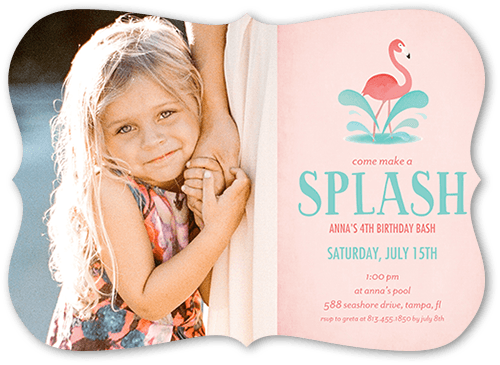WatermarkStationery.com is reader-supported. When you buy through links on our site, we may earn an affiliate commission. Learn more.
When it comes to creating photo cards, choosing the right paper and printing quality can make all the difference in the final product. With so many options available, it can be overwhelming to decide which is best for your needs. In this article, we will explore the different kinds of paper and printing quality available for photo cards.

Types of Paper for Photo Cards
| Paper Type | Printing Quality | Characteristics |
|---|---|---|
| Glossy | High | Reflective surface that enhances color and detail; susceptible to fingerprints and glare |
| Matte | High | Non-reflective surface that reduces glare and fingerprints; slightly muted colors and less detail |
| Semi-gloss | High | Combination of glossy and matte finishes; slightly reflective surface that enhances colors while reducing glare and fingerprints |
| Cardstock | High | Thick and durable paper that is often used for professional-grade photo cards; comes in various textures and finishes |
| Recycled | Medium | Eco-friendly option made from recycled materials; colors may appear slightly muted |
| Linen | Medium | Textured surface that adds a subtle pattern and depth to photos |
| Metallic | Medium | Shimmery surface that adds a metallic sheen to colors and details; not suitable for all photos |
| Velvet | Low | Soft, velvety texture that adds depth and dimension to photos; colors may appear slightly muted |
Glossy Paper
Glossy paper has a shiny finish that makes colors appear vibrant and eye-catching. This type of paper is perfect for photos with bright colors and high contrast.
Matte Paper
Matte paper has a non-glossy finish, resulting in a softer and more subdued appearance. This type of paper is perfect for photos with a softer color palette or for a more elegant and sophisticated look.
Cardstock
Cardstock is a heavy, durable paper that is perfect for creating greeting cards. It comes in a range of weights and finishes, making it a versatile option for photo cards.
Printing Quality for Photo Cards
Digital Printing
Digital printing is a cost-effective option for printing small quantities of photo cards. This method uses a digital image to transfer the design onto the paper.
Offset Printing
Offset printing is a high-quality printing method that is best suited for larger print runs. This method uses a plate to transfer the ink onto the paper, resulting in a crisp and precise print.
Letterpress Printing
Letterpress printing is a traditional printing method that produces a deep impression on the paper. This method is ideal for creating elegant and timeless photo cards.
FAQ
What is the best paper for photo cards?
The best paper for photo cards depends on your personal preference and the type of photo you want to use. Glossy paper is great for bright colors and high contrast, while matte paper is perfect for a softer and more subdued look. Cardstock is a durable option that adds a professional touch to your photo cards.
What kind of paper are photo cards printed on?
Photo cards can be printed on a variety of paper types, including glossy, matte, and cardstock.
What paper is used for high quality prints?
High-quality prints are typically printed on heavyweight, acid-free paper with a smooth surface and high color reproduction capabilities.
Is glossy or matte better for photo cards?
Glossy paper is better for photos with bright colors and high contrast, while matte paper is better for a softer and more subdued look.
What is the best card stock for photo greeting cards?
The best card stock for photo greeting cards is a heavyweight card stock with a smooth surface and high-quality printing capabilities. Look for a cardstock with a weight of at least 80 lb. for a durable and professional-looking photo card.
Amazon and the Amazon logo are trademarks of Amazon.com, Inc, or its affiliates.
